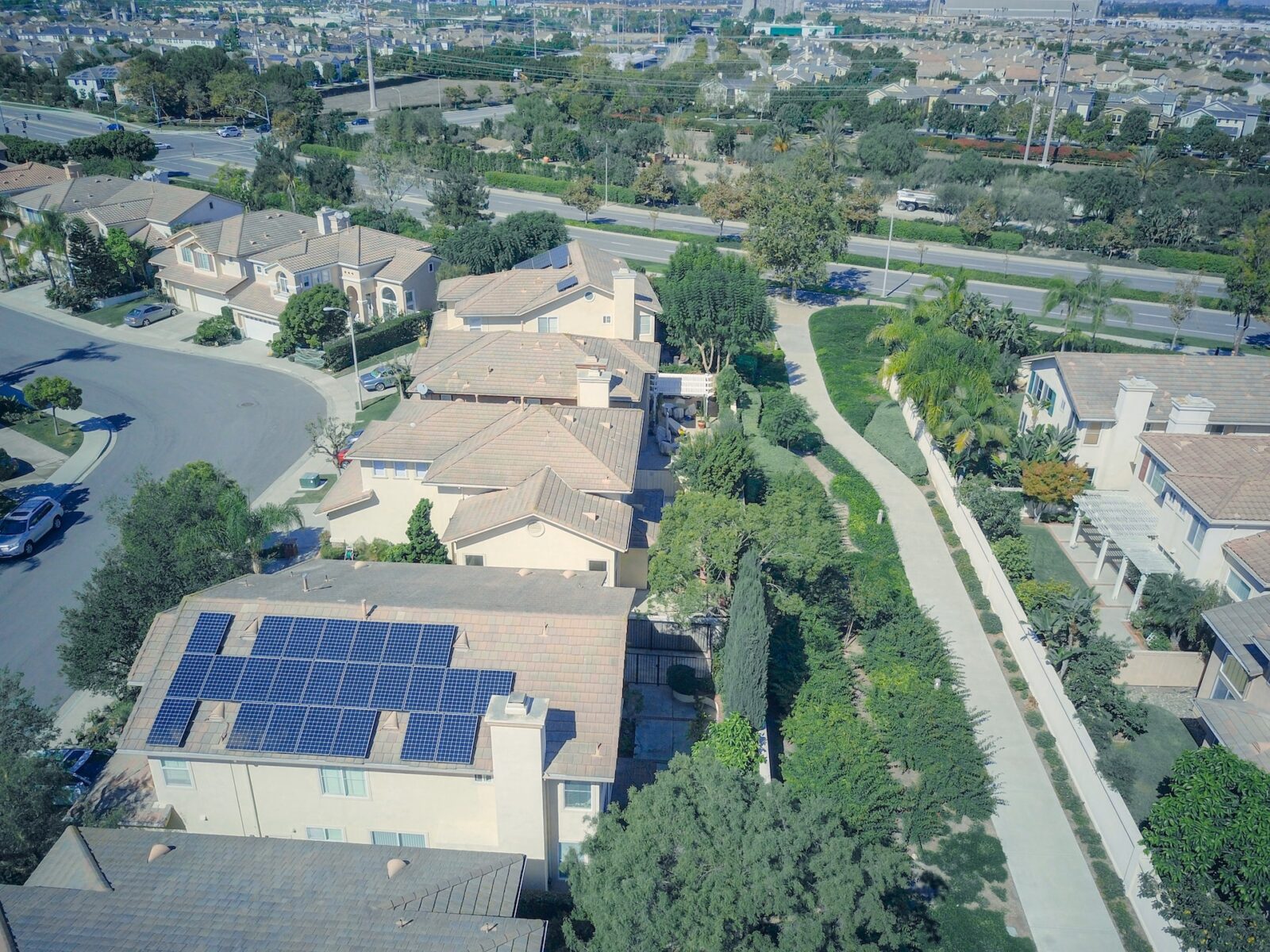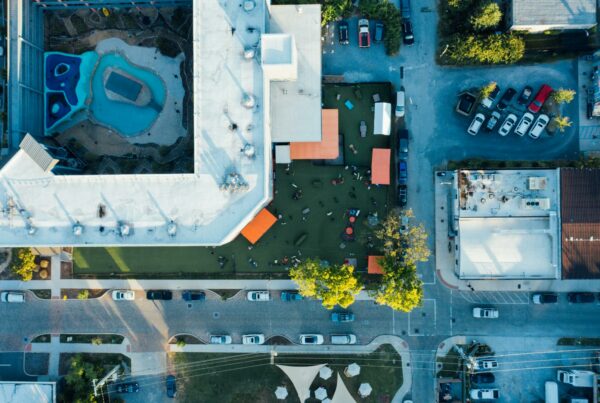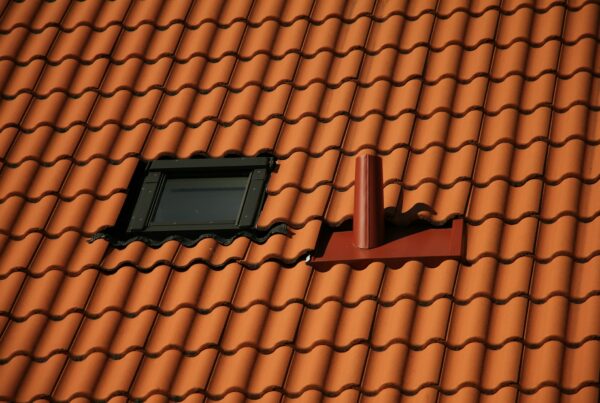Last Updated on January 12, 2024
Solar panels are a great way to save on your energy bills. They also help reduce your carbon footprint.
However, they do degrade over time. This means they will produce less power over time than when installed.
This is a normal part of their lifespan, and there are some things you can do to maximize the longevity of your solar panels.
Keep them Clean
The best way to maximize solar panel lifespan is to keep them clean. Dirty solar panels can be challenging to maintain and can even cause your system to perform less efficiently.
For example, if you live where tree sap, bird droppings, or pollen accumulate, you may need to clean your panels more often than usual. This is because the rain cannot wash away these substances, which can cause them to build up.
Similarly, if you live where smog or smoke is common, you might notice your panels have a hazy film. This clouding prevents Sunlight from soaking into your panels.
To properly clean your solar panels, use a hose and bucket of soapy water and a non-abrasive scrubber. Be careful not to scratch the glass, which can degrade its performance.
Inspect them Regularly
While a variety of factors can impact the lifespan of your solar panels, there are some things you can do to maximize their longevity. One of these is to inspect them regularly.
Regularly examining your solar panels can help you spot issues that could lead to costly repairs. This will save you time and money, allowing you to fix issues before they become more significant problems.
There are several different ways to inspect your solar panels, including thermal imaging and electroluminescence testing. These methods can uncover microcracks and other defects that are hard for the naked eye to pick up, so they’re a great way to keep your solar system in good working order.
If you want to install a solar system at your home, work with a trusted solar panel company who will provide routine maintenance checks. This will ensure that your solar panels perform at their best and generate the maximum energy.
Protect them from Harsh Weather.
Hailstorms and high winds can do a lot of damage to your solar panels. Fortunately, there are ways to protect them from harsh weather conditions and ensure they last for years.
First, ensure the panels are secured to their mounting structure well before a storm hits. This will prevent the wind from lifting them and dislodging them.
Another option is to cover them with a protective case. Hardshell coverings provide the most protection against hail and other weather events.
They can also protect against the cold and snow. However, a hard shell cover will prevent the panels from collecting Sunlight and converting it into electricity.
Keep them in Direct Sunlight
Sunlight is the key to maximizing the lifespan of your solar panels. Anything that blocks the direct sun from hitting them can significantly reduce their ability to produce electricity.
That includes anything from clouds to tree branches, dirt, and grime built over time. Regularly checking your panels to ensure no obstructions will help ensure they perform at their best.
In addition, ideally, your solar panels should face true south or slightly southwest for the most sunlight exposure possible. This will allow them to capture more energy in the afternoon and evening when household energy use peaks.
However, if your panel location doesn’t allow for total exposure to the sun, don’t let it stop you from using your solar system. Solar panels can still produce power in indirect Sunlight or shaded areas, but the electricity produced will be lower than in full sunshine.





